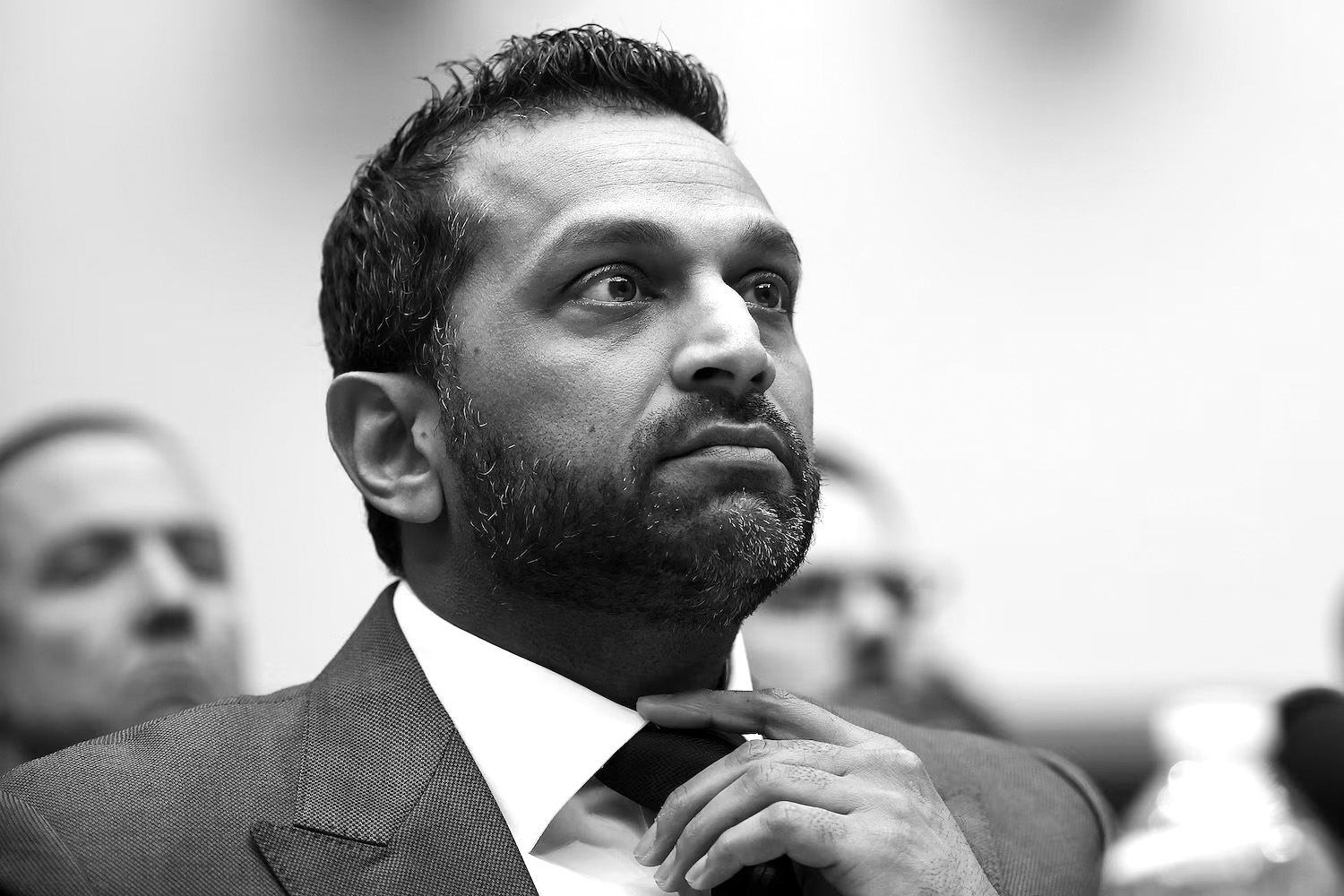3 Narratives News | September 17, 2025
Introduction: Careers Cut Short
On a warm August morning, Brian Driscoll and Spencer Evans headed to their offices as they had for decades. Driscoll, a decorated veteran who once commanded the FBI’s hostage rescue team, had recently served as acting director of the bureau. Evans managed the Las Vegas field office, overseeing sprawling investigations in one of America’s fastest-growing regions. By the end of the day, both men were out of work.
Their termination letters gave starkly different reasons: Evans was faulted for “over-zealousness in implementing COVID-19 protocols,” while Driscoll was told his role had been eliminated in a restructuring. A third senior official, Steven Jensen of the Washington field office, was also dismissed.
All three men insist the real reason was political. In a lawsuit filed this month, they allege that FBI Director Kash Patel, under pressure from the White House, purged them because they had overseen or defended investigations involving Donald Trump. “This was a loyalty test, not a performance review,” one plaintiff’s attorney said.
A Senate Hearing Turns Combative
On September 16, Patel faced the Senate Judiciary Committee for his first major oversight hearing. The session quickly turned combative. Sen. Cory Booker of New Jersey accused Patel of “gutting the bureau” and warned, “You have made our country weaker and less safe.” At one point, Booker raised his voice and predicted Patel “will not be in this job for long.”
Patel pushed back. “I do not serve Donald Trump. I serve the Constitution,” he told senators. He defended the firings as part of “restoring accountability and ending weaponization” inside the FBI.
The clash captured the larger question that now shadows Patel’s tenure: is he reforming a politicized institution, or remaking it as an arm of Trump’s political project?
A Needed Housecleaning
To Patel’s defenders, the firings were long overdue. Republicans on the Judiciary Committee noted that the FBI had been under fire for years — from the Russia investigation to complaints over how COVID-19 policies were enforced.
From this perspective, removing senior officials like Driscoll, Evans, and Jensen was about rebuilding credibility. Evans’s handling of vaccine exemption requests during the pandemic, for example, had been sharply criticized by rank-and-file agents and conservative lawmakers. Driscoll, while respected, represented continuity with prior leadership that Trump allies saw as hostile.
“Leadership changes are not only lawful but necessary,” Sen. Chuck Grassley argued. “The American people need to know the bureau isn’t operating as a political club.”
Patel echoed the point:
“Every personnel decision has been within the law and aimed at strengthening the bureau. We are safer, stronger, and more accountable today.”
A Political Purge
For Booker and other Democrats, the dismissals look less like reform and more like retribution.
- Brian Driscoll: Served as acting FBI Director before Patel’s confirmation; led the Critical Incident Response Group; recipient of the FBI Medal of Valour and Shield of Bravery.
- Spencer Evans: Oversaw the Las Vegas field office; previously handled sensitive HR policy during COVID-19.
- Steven Jensen: Assistant director of the Washington field office; supervised some of the bureau’s most politically charged cases.
According to their lawsuit, Patel told Driscoll that his own survival as director depended on removing agents who had investigated Trump. The filing alleges Patel even admitted some firings were “likely illegal” but said the White House demanded them.
“These are decorated professionals, not partisans,” Booker said during the hearing.
“You’re weakening national security by replacing expertise with loyalty.”
The senators’ anger reflected a deeper concern: that the FBI is being bent into a political tool at the very moment it is needed to address cyberthreats, domestic extremism, and global espionage.
Narrative Three: The Silent Story — The Cost of Lost Expertise
Beneath the partisan fight lies another truth: the FBI is losing decades of institutional memory in one sweep.
Agents like Driscoll, Evans, and Jensen spent years building crisis-management protocols, training hostage-rescue teams, and cultivating networks of international contacts. When such leaders are removed abruptly, the loss goes beyond politics. Operational readiness suffers. Younger agents lose mentors. Investigations stall while successors catch up.
Whether the firings were politically motivated or not, the silent story is about capacity. Can the FBI maintain its edge against sophisticated threats if institutional knowledge is discarded in the name of reform — or loyalty?
Key Takeaways
- Three senior FBI officials — Brian Driscoll, Spencer Evans, and Steven Jensen — were dismissed in August 2025.
- Official reasons cited performance and restructuring; the officials allege that political loyalty tests were conducted.
- Their lawsuit claims Patel acknowledged the firings might be “likely illegal” but said they were ordered by the White House.
- A Senate hearing on Sept. 16 saw Sen. Cory Booker accuse Patel of weakening national security.
- Beyond politics, the loss of expertise raises questions about the FBI’s operational capacity.
Questions This Article Answers
Who were the agents fired and why?
Driscoll, Evans, and Jensen were dismissed; official reasons included restructuring and COVID-19 protocol disputes. They allege political loyalty tests.
What did Kash Patel say in his defence?
He denied politicization, claiming he serves the Constitution and that leadership changes were to restore accountability.
Why are senators angry?
Democrats argue Patel is purging seasoned professionals to enforce loyalty to Trump, undermining FBI independence.
What’s the overlooked consequence?
The sudden loss of senior leaders could weaken the FBI’s ability to respond to crises and complex investigations.

[…] post, a decades-old voice collided with a modern one. What began as an ad about economics had turned into an argument about inheritance — over who owns the language of American […]